Uzbekistan’s IMEI system: A billion-dollar burden on citizens
Abolishing the mobile device IMEI registration system could save Uzbek citizens billions of dollars, according to economist Behzod Khoshimov. He argues that consumers are paying not only with money but also with their time.
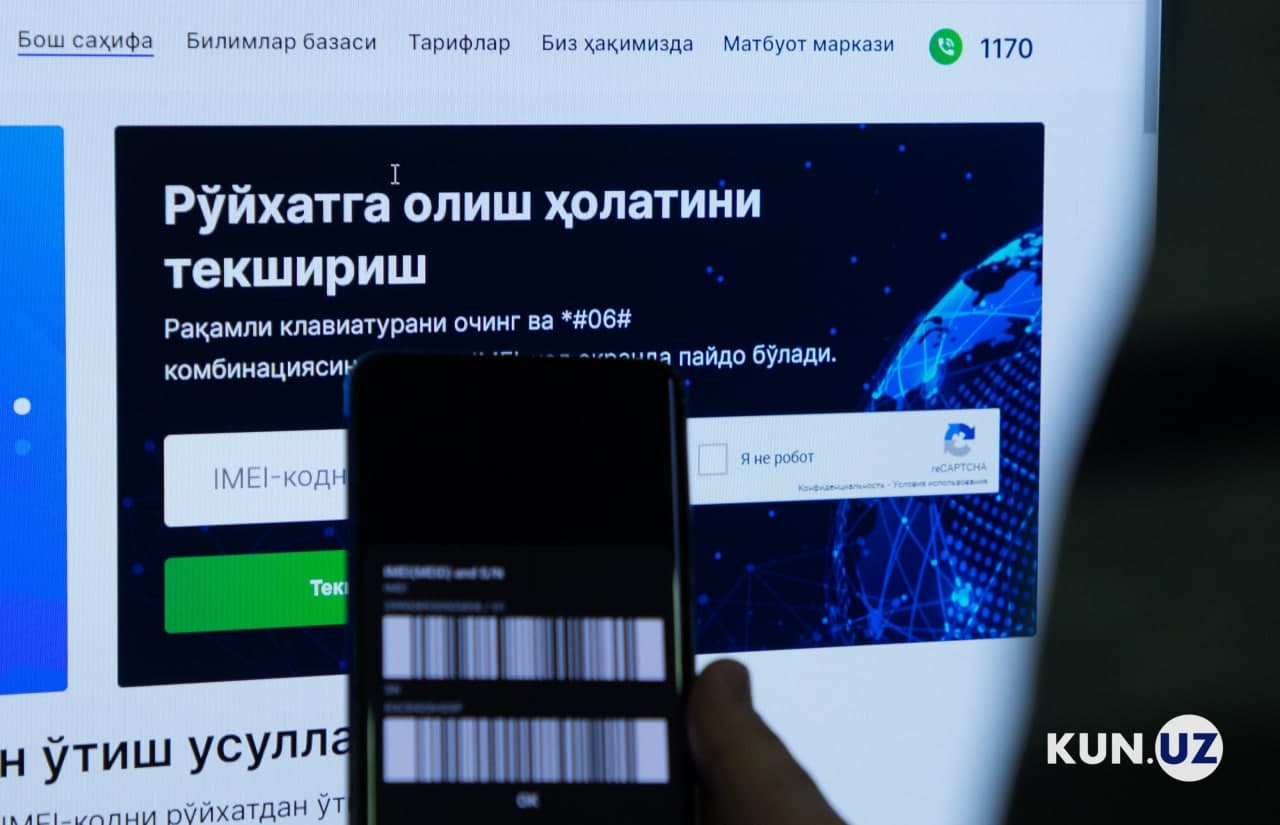
Photo: KUN.UZ
Khoshimov, a professor at New York University in Abu Dhabi (UAE), and Botir Kobilov, a professor at the University of Texas at Dallas, discussed the impact of Uzbekistan’s IMEI registration system on citizens’ lives during the Uzbekonomics podcast.
The IMEI registration system for mobile devices was introduced in 2019, and since 2024, importing devices requires a mandatory customs declaration. Failure to file a declaration incurs a registration fee in the UZIMEI system equivalent to 30% of the device’s customs value.
Recently, social media has been rife with discussions about the bureaucratic hurdles and complexities associated with registration. A senatorial inquiry by Qobil Tursunov on July 8 noted, “Due to limited options for registration via the uzimei.uz website, the Unified Portal of Interactive Government Services, and the BIRDA app, the cost of services is artificially inflated in some cases.”
Tursunov highlighted that requiring separate IMEI registration for a second SIM card and mandating registration only at the device’s initial registration location create additional difficulties and unnecessary financial burdens for citizens. He directed his inquiry to the Minister of Digital Technologies, Sherzod Shermatov.
UZIMEI system and protectionism
Khoshimov stated that the UZIMEI discussion rekindles the issue of protectionism.
“Since 2017, duty-free import limits for personal goods have increased because crossing borders became challenging. The main reason is that goods in Uzbekistan are more expensive than abroad, prompting people to import them,” he explained.
He noted that, under normal circumstances, a bar of soap carried in a pocket shouldn’t be cheaper than one bought locally.
“No one would haul a TV from Belgium to Norway. Large importers ship TVs by the truckload, while an individual carries just one. Larger volumes mean lower costs,” Khoshimov said.
He recounted witnessing people smuggling sunflower oil in their pockets at the Gishtkuprik customs post in Tashkent region, on the border with Kazakhstan (Zhibek Zholy), due to high prices in Uzbekistan.
“As I was traveling light, some asked me to carry their goods. The price difference is significant. Now, measures are being taken to curb this. The blame doesn’t lie with customs officers but with trade policy – specifically, the Ministry of Foreign Trade,” he added.
Khoshimov argued that if people resort to importing goods in pockets or airplane luggage, it signals a serious issue.
“Air travel is the most expensive mode of transport. If importing something by plane is cheaper than by rail or truck, something’s wrong with the pricing of, say, a TV. Why single out IMEI? TVs or air conditioners don’t have unique codes that can be disabled. But a phone imported without duty can be blocked. The state targets what it can control,” he said.
Khoshimov cited another example: medicines imported from the U.S. being scrutinized at customs.
“Imagine someone buys medicine in a U.S. store, flies it to Uzbekistan, and sells it cheaper than local prices. That shows how expensive medicines are in Uzbekistan. I bring vitamin C from the U.S. because it’s cheaper,” said the NYU Abu Dhabi professor.
He emphasized that if a medicine from a foreign pharmacy is pricier than one imported by an individual, it raises questions about the cost of medicine for people in Uzbekistan.
“Now, every vitamin bottle from the U.S. is inspected. This complicates my life as a traveler, but more importantly, should medicine for a child be so costly?” Khoshimov asked.
He further noted that citizens pay for this system not only with money but also with time:
“With 14 million passengers annually in Uzbekistan, spending just 5 minutes checking vitamins, phones, or other items per person results in 130 years of lost human life. I spent over 20 minutes registering an IMEI,” he said.
Even in ideal conditions – no queues, proficiency in English, and the ability to complete declarations independently – one person loses 20–30 minutes. For a million people annually, this equates to a colossal loss of time.
“This is unimaginable. If we calculate the value of an hour of an Uzbekistani’s life, the losses are enormous. And that’s just passengers’ time – customs officers and state employees’ time isn’t free either. Even 5 minutes per check adds up to years. We’re paying with both time and money,” he added.
Khoshimov argued that the primary goal of IMEI registration is to prevent cheap foreign goods from entering Uzbekistan.
“IMEI is one mechanism for this. Phones are the easiest to control. A phone is a critical tool for nearly everyone’s work. When a work tool becomes more expensive, it carries an economic cost,” he concluded.
Khoshimov estimates that the IMEI system costs Uzbekistanis billions of dollars.
“If our esteemed deputies abolish this system, people in Uzbekistan would literally become billions richer. Implementing this system has impoverished us all by billions – not just budget-wise but economically. That’s why we want it repealed,” he said.
Issues surrounding IMEI registration
Introduced by government decree, the IMEI registration system faced immediate public backlash due to its complex process and associated fees.
The policy was justified as a means to protect device owners’ rights, combat illegal device use, and prevent the sale of substandard devices.
Within months, in February 2020, a petition to abolish the IMEI registration fee appeared on a collective appeals portal. The Legislative Chamber’s committee began reviewing the issue and deemed continued IMEI registration “appropriate and justified” based on government regulations (Nos. 847 and 778). The chamber recommended that the government address the reported shortcomings and improve the system.
Following a 2020 scandal involving IMEI registrations under others’ passport data – preventing some residents from registering their devices – the system operator revised the process, requiring the registered phone number to be linked to the applicant’s name with a mobile operator.
Since late last year, importing a new mobile device requires a customs declaration, or users face a duty when registering in the UZIMEI system.
Mobile device sellers in Uzbekistan typically register one IMEI code, with additional fees for registering a second if done in-store. Recent social media reports indicate that registration fees on the market for undeclared phones have risen from $30–40 to $100–250, depending on the device’s cost.
Related News
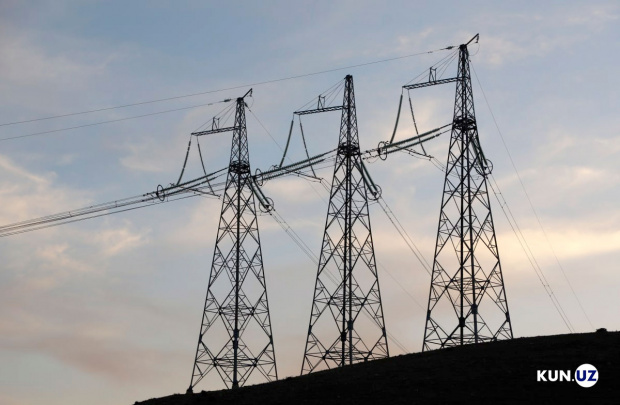
16:58 / 24.07.2025
Uzbekistan boosts electricity exports amid ongoing outages
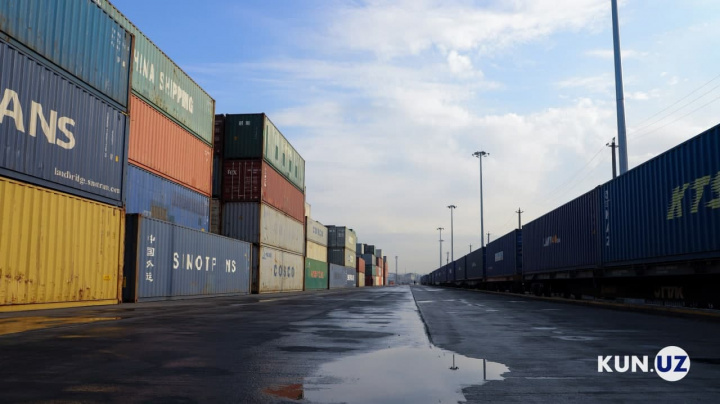
23:02 / 23.07.2025
Uzbekistan’s foreign trade turnover hits $37 billion in first half of 2025
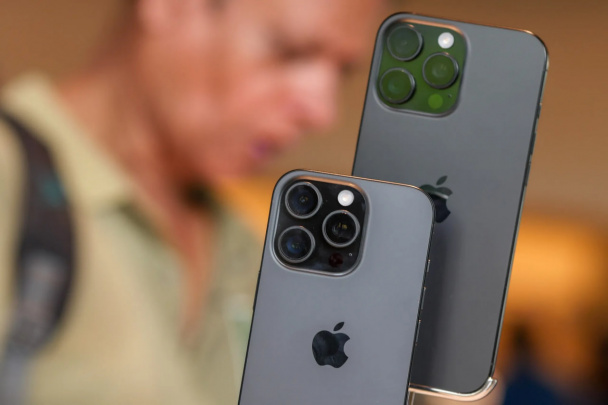
16:01 / 23.07.2025
iPhone prices spike in Uzbekistan amid new customs limits
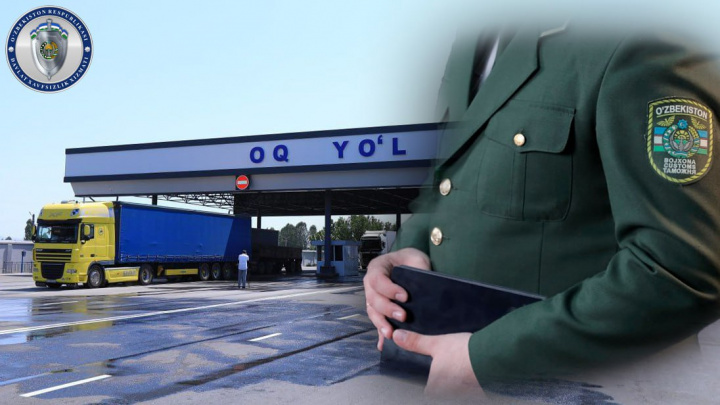
19:14 / 18.07.2025



